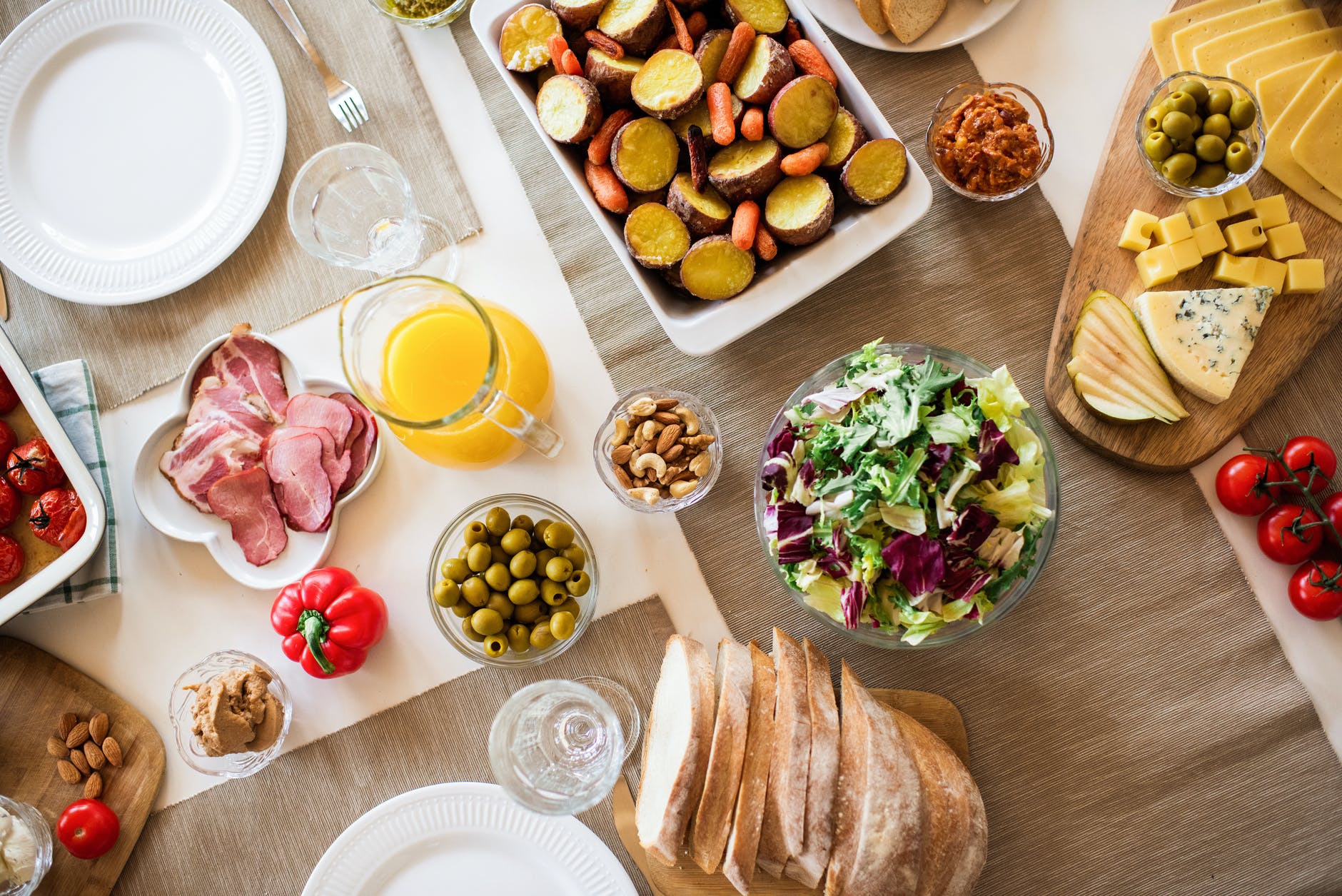Why food preparation is important

Plant foods like fruits and vegetables are filled with beneficial plant chemicals – phytochemicals – which will be lost during cooking. Water-soluble phytochemicals, like cancer-preventing glucosinolates from members of the cabbage family and phenolics from the onion family, leach out of vegetables once they are boiled. Substances like water-soluble vitamins and also the sulfur compounds found in garlic are destroyed by heat, although this can be less controversial for other plant phytochemicals like the red and orange anti-oxidant carotenoid pigments found for instance in peppers and tomatoes.
Does this mean we must always be eating raw vegetables? some studies do suggest that raw vegetables give greater protection against cancers. But cooking may also have benefits. Frying vegetables in oil-free nutrients bound up in cells and, in the case of fat-soluble nutrients, makes it easier for the body to soak up them. The increased absorption of the red pigment lycopene from tomatoes after frying them in oil may be an exemplar. But the jury remains out on whether this translates into improved health benefits, in this case, protection against prostatic adenocarcinoma.
Even the way vegetables are chopped may be important. Pureeing tomatoes break down cell structures, enabling the semi-crystalline lycopene to be better absorbed. Chopping vegetables mimics herbivore attack by activating enzymes and generating defense compounds in members of the onion and cabbage families. These defense compounds help push back a predatory attack in nature, but more importantly for us, they even have anti-cancer and other beneficial effects on the body. The more cell damage there’s, the more defense compounds are generated, and then a pureed garlic has more beneficial nutrients than one that has been only roughly chopped.
Despite these interesting findings, they’re usually ignored in dietary recommendations. during this review, we ask if food preparation should tend more considered, especially when it involves preparing the Mediterranean diet. Although well known for its health benefits, the Mediterranean diet is described in terms of the foods we should always and may not eat with little consideration of how the foods are prepared. But someone from a non-Mediterranean country may prepare their food quite differently from someone eating traditional Mediterranean cuisine. Soups are common – in our own way of not discarding water-soluble nutrients. vegetable oil is employed raw as a sauce and in dips in addition as being a cooking medium. This prevents the loss of heat-labile antioxidants like hydroxytyrosol, recently identified by the EU Food Safety Authority as a key component in extra virgin vegetable oil that protects against the oxidation of cholesterol and possibly reduces the danger of an upset. Olives are processed in traditional ways instead of the more industrial ways which can destroy beneficial antioxidants including hydroxytyrosol. Nuts like almonds and walnuts are mostly eaten in their state of nature – in their protective skins rich in antioxidants – instead of being de-skinned, roasted, and adding salt.
Although the consequences of cooking on the nutritional value of foods vary widely, in many cases a tiny low change in cooking practice is also a minimum of as significant as eating an additional portion of fruit or vegetables each day. And this deserves to receive an identical level of attention publically health messages.



